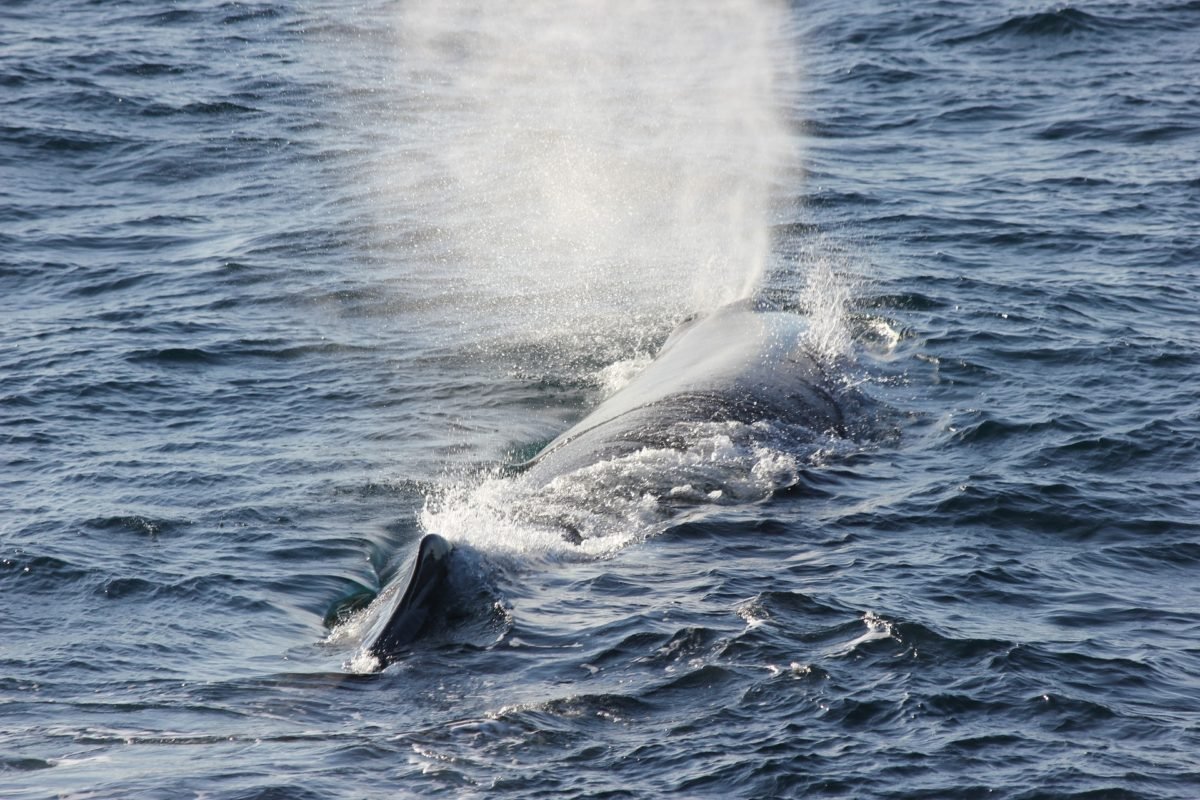The Japanese whaling fleet triumphantly returned this month (June 2020) from its first three month commercial hunt, with almost a full quota of 223 whales caught, amounting to 1,430 tons of frozen meat which costs $140 per kilo to buy. Bolstered by the success the Japanese government wants to spend $48 million to support more hunts even though the eating of whale meat is not as popular.
The ban on commercial whaling is just a gentleman’s agreement.
Japan announced its decision to begin whaling again after 31 years on the 1st. July, 2019 causing worldwide outrage, because most people were under the misapprehension that whaling had been made illegal. But tragically the so called moratorium was only ever a gentleman’s agreement and a trade bargain which any country could withdraw from at any time if they followed the withdrawal procedure under the Convention.
Why did Japan do it? Well they never really stopped and used the loophole that all countries have of catching whales under the umbrella of “scientific purposes”. Japan also allegedly caught more than its allowed quota of Minke whales for years and tried to persuade member countries to help overturn the moratorium by supporting a vote on their proposal of “small type commercial whaling” (STCW) using small whaling ships in territorial waters. When this didn’t happen they decided to go their own way and hunt in their own waters.

Any member country of the Convention can just opt out
In 1946 the Convention for the Regulation of Whaling was signed by the major whaling nations when it was realised that whales were in imminent danger of becoming extinct, but it was done to“provide for the proper conservation of whale stocks and thus make possible the orderly development of the whaling industry“ in the future not for the benefit of the whales.
The International Whaling Commission (IWC) was set up under the Convention and the members meet every two years to decide which species can be hunted, how many and by who and various other policy issues. Any country can join regardless of whether they want to hunt whales or not and each member has voting rights.
The right to withdraw
Article XI of the Convention allows any member Government to withdraw from the agreement on the 30th. June of any year by giving notice before the 1st. January of the same year. Although not morally responsible it is legal. There was a worry that other countries would follow Japan’s lead and pull out, but thankfully this does not appear to be happening at the moment.
Many countries claim an exemption and receive a quota for their “aboriginal” inhabitants to hunt small numbers of small whales for their own needs, but many of these now want to increase their hunting to sell the by-products. Countries which presently hunt whales in one form or another are Japan, Norway, Iceland, Denmark, Russia, USA, St. Vincent and Grenadines, South Korea and Greenland.
Unfortunately it would be foolish to believe that the future of the planet’s whales is totally safeguarded.
